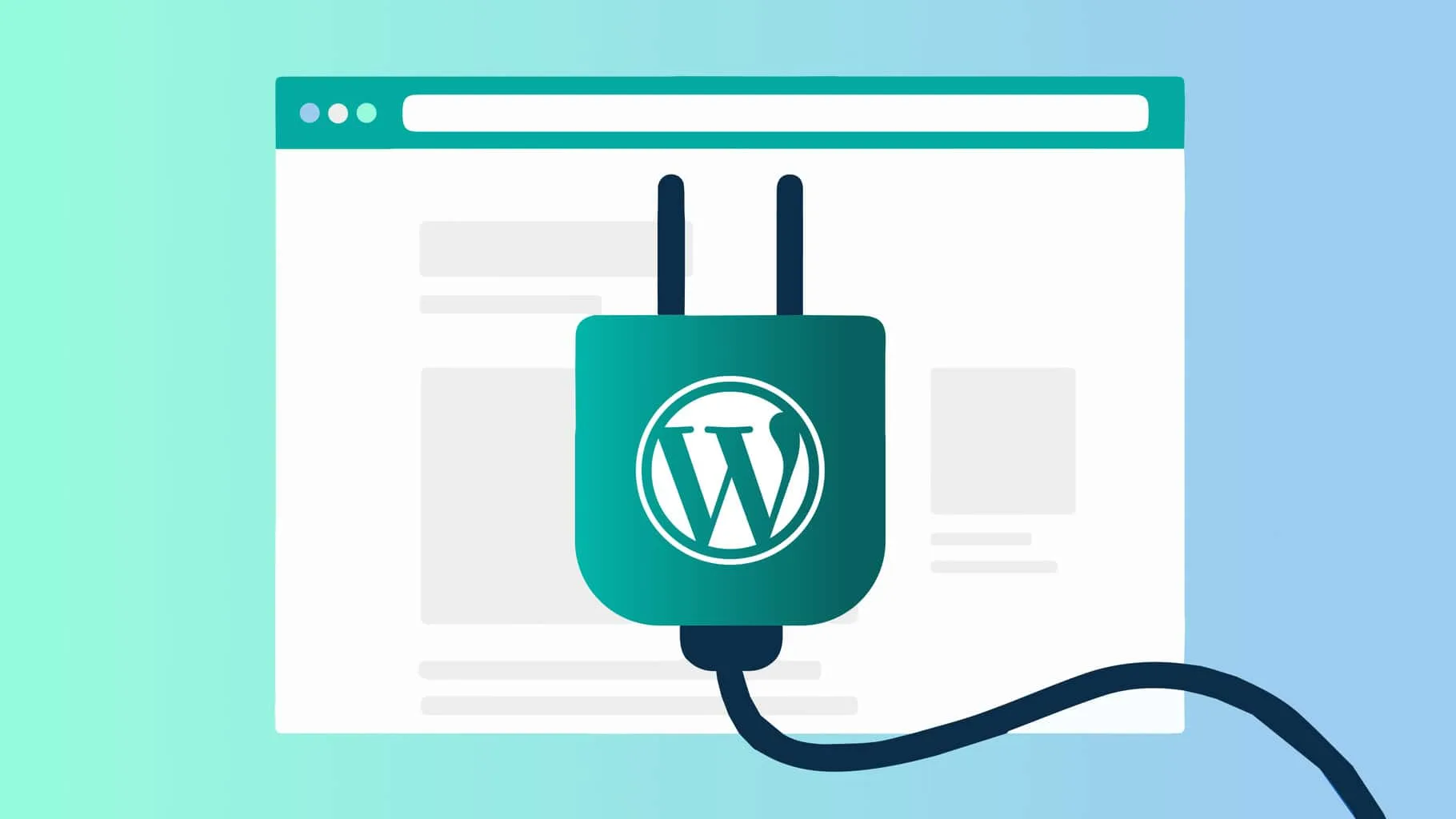How to choose WordPress plugins perfectly? The Complete Guide
Check out our article for a complete guide on how to choose WordPress plugins. This blog explores the possibilities of installing plugins on your WordPress site when the situation permits, or alternatively enlisting the help of professional web developers and WordPress plugins when needed.
The introduction of a full-featured CMS in WordPress has completely changed the way plugins are designed and activated. Plugins are small, specialized guest post codes designed to improve the performance and functionality of your WordPress site. Plugins can add functionality to WordPress that is not available by default. However, choosing the right plugin can be a daunting task.
When it comes to website development, there are hundreds of WordPress plugins available. So make sure you choose the right plugin with the features you prefer. However, before you decide on a plugin, there are a few factors you need to consider to determine the perfect plugin for your WordPress site.
It is also possible to put a little creativity into web design and provide great features through WordPress plugin developers. This blog explores the possibilities of installing plugins on your WordPress site when the situation permits, or alternatively hiring professional web developers and WordPress plugins whenever the need arises.
1. Rating matters: Analysing plugin ratings is one of the easiest ways to choose the best plugin. Excellent reviews will help you understand the reliability of the plugin. Basically it means activating a plugin with positive reviews and ratings instead of placing plugins on your WordPress site without knowing their legitimacy.
To be precise, it would make sense to ignore a plugin with less than four stars. Installing plugins with bad reviews would undoubtedly slow down your site. You can select custom top rated plugins from your WordPress site designer before installing them on your site.
2. Check how many times plugins have been installed: When choosing a plugin, you should also consider the number of active installations. This gives you a good indication of its reliability, performance, and ease of use. If you download the plugin from the official WordPress site, you will surely get detailed information about the current number of installations. Premium plugins are recommended by professionals instead of free plugins. Make sure the plugin you choose has at least 1000 installs.
You can also opt for third-party plugins made by a WordPress plugin development company that has more installs, better reviews, and gives you the functionality you want for your WordPress site. Alternatively, you can opt for a WordPress development agency if you want to develop custom plugins that perfectly suit your needs.
3. Compatibility: There are hundreds of plugins with identical functionality, but choosing a plugin that considers both performance and compatibility is of paramount importance. Most of the free plugins you use are not giving your website the performance it needs. Therefore, it is recommended to check the past to make sure that there are no errors in the near future.
The size of the
plugin can sometimes cause your site to load slower than your competitor’s site. In these cases, make sure the plugin you are using is not too big for your website.
4. Check the screenshots: Plugin screenshots are important to determine which plugin is right for your website. Most of the plugins offered come with corresponding screenshots, which helps a lot in understanding how the plugin can change the way the website works.
5. Analyse your competitor’s website: You can conduct an analysis with WordPress development specialists to understand what features make your competitor’s website unique and attract more visitors.
Once you understand the plugins used by your competitors, you can use the same plugins on your WP site to improve WordPress functionality, responsiveness and increase your traffic.
6. Review: There are various cases where issues can arise with plugins that can slow down your website.This may be due to a plugin that is outdated and no longer relevant to the site. One of the most important things to do before releasing your website is to properly test your plugins.



